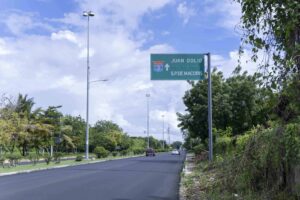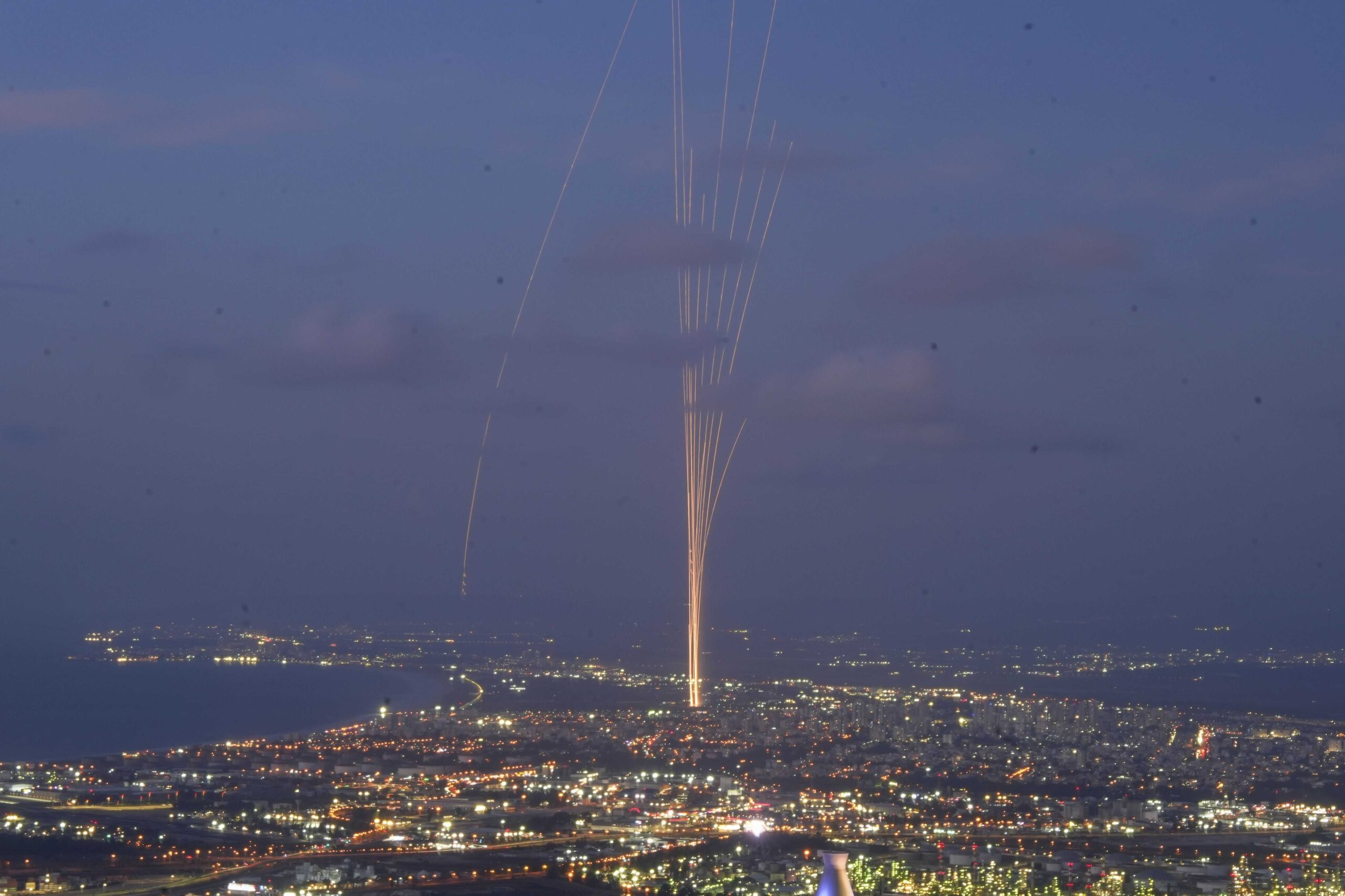
The intense crossfire of the last few days between Israel and Hezbollahon the border with Lebanonpoints to a possible total war with many questions, such as the expectations of each side and the question of whether or not there will be an Israeli invasion.
The correspondents of AFP in Jerusalem and Beirut spoke with officials and analysts about what each side hopes to achieve with their attacksand if there is a way out of the current escalation.
The view from Israel
The authorities of Israel They say they have no choice but to respond to Hezbollahwhich has been forcing tens of thousands of Israelis to leave their homes near the border with Israel for nearly a year with regular rocket fire. Lebanon.
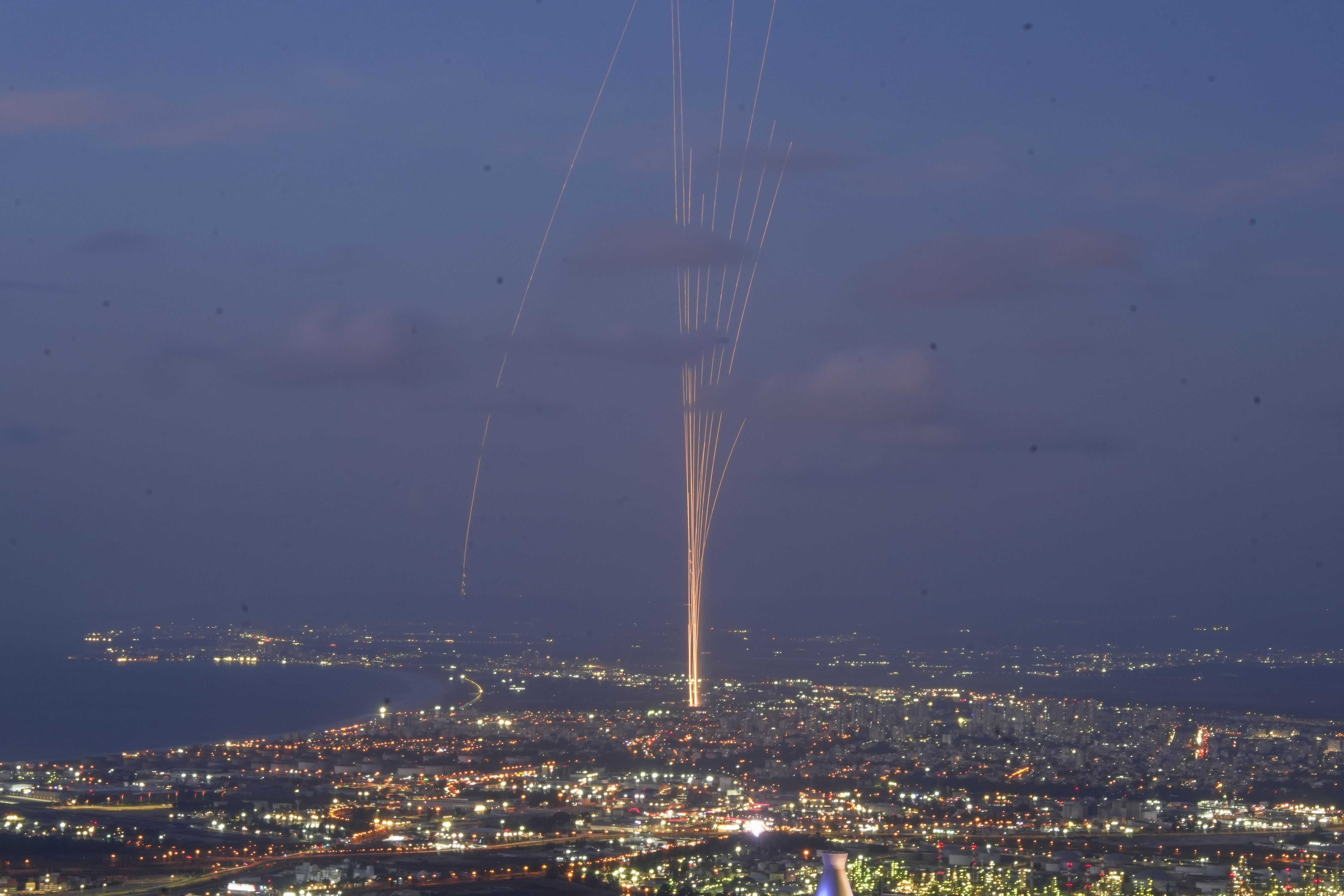
“The activities of Hezbollah have turned the south of Lebanon on the battlefield,” an Israeli military official said at a briefing on Monday.
The objectives of the Israeli operation in recent days is to weaken the threat posed by Hezbollahrepel the fighters of the pro-Iranian movement away from the border and destroy the infrastructure deployed by its elite Radwan unit, according to this military official who spoke on condition of anonymity.
Israeli political analyst Michael Horowitz believes that Prime Minister Benjamin Netanyahu wants to put pressure on Hezbollah to stop his attacks in the border area, even if there is no ceasefire in Gaza with Hamasa condition that the Lebanese movement had raised.
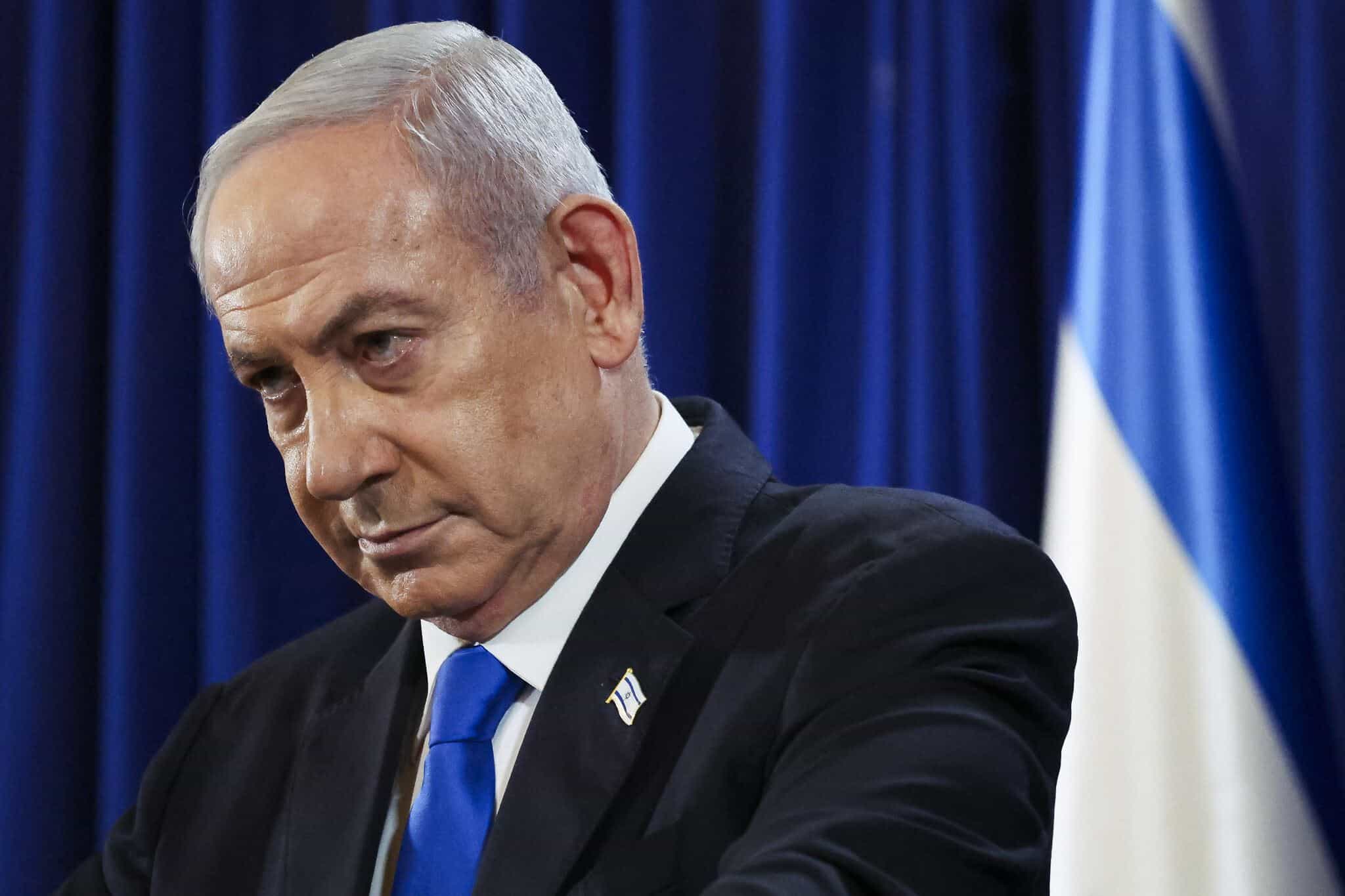
“Israel wants to gradually increase the pressure on Hezbollahand hit harder to force it to rethink its strategy of alignment with the situation in Gaza,” Horowitz said.
Both sides fought an intense 34-day war in the summer of 2006which cost more than 1,200 lives on the Lebanese side, mostly civilians, and about 160 on the Israeli side, mostly soldiers.
“The situation is very dangerous, but there is still room for the diplomacy avoid the worst,” Horowitz believes.
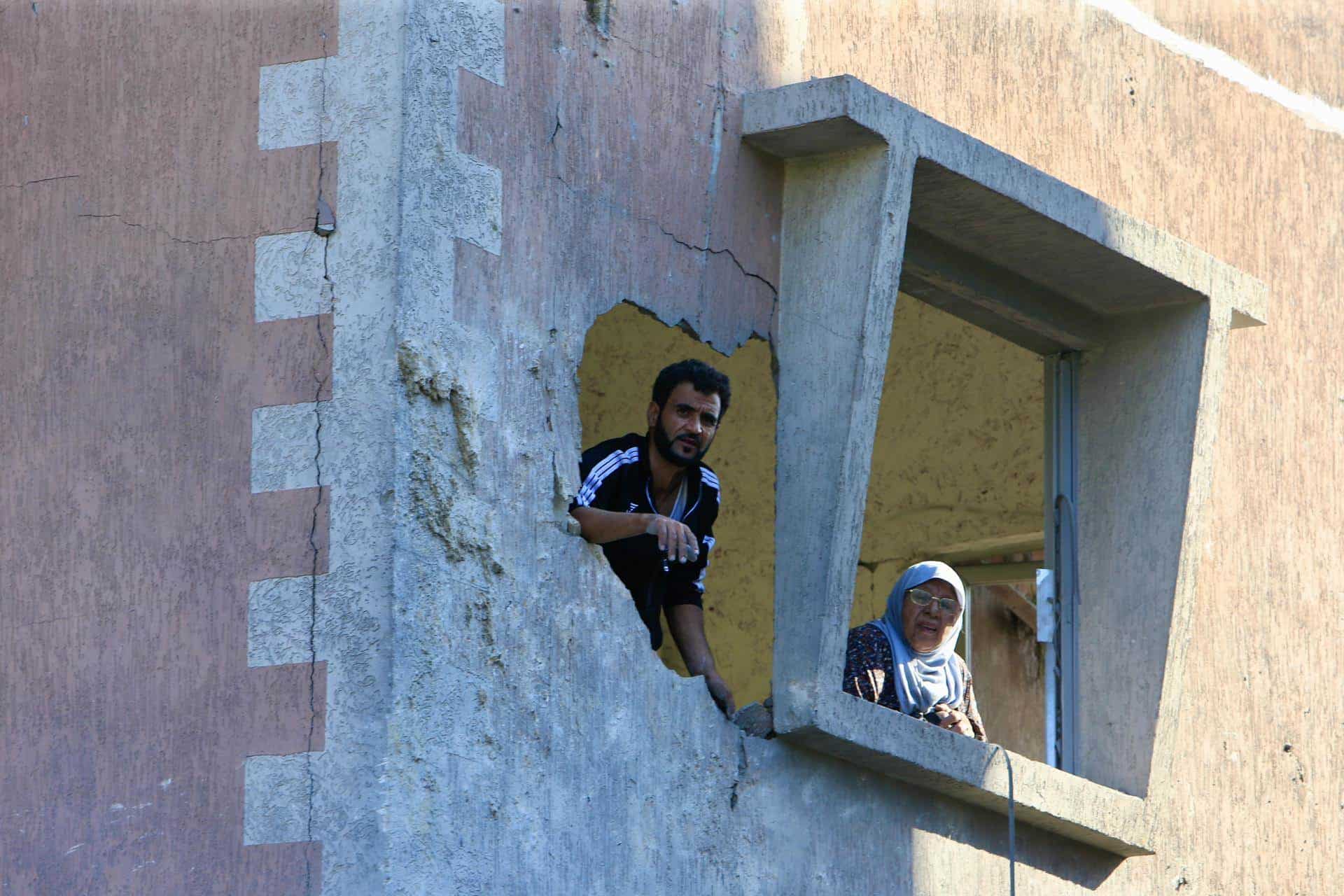
Miri Eisen, a retired colonel and current fellow at the International Counterterrorism Institute at Reichman University, believes that Hezbollah only understands the language of force.
“The language that (Hezbollah) speech is a language of violence and strength, and that means that action against them is very important.” “I have not seen any other language work” in that correlation of forces, he points out.
And while operations are currently airborne, Eisen believes there may be a ground operation to ensure that Hezbollah I can never do something like what I did Hamas On October 7th in the south of Israel.
“I do believe that there is a possibility of a ground incursion, because at the end of the day we have to keep the forces away from Hezbollah” from the border, he says.
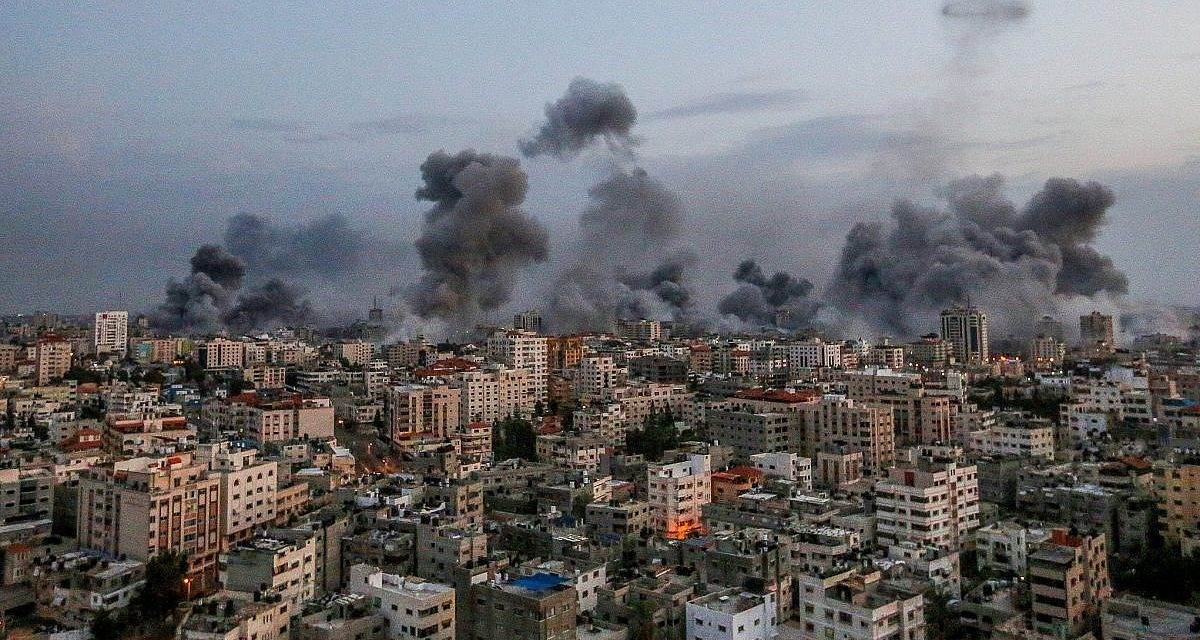
The view from Lebanon
Following the spectacular sabotage of the communication devices of Hezbollah last week and the bombing that killed Radwan unit commander Ibrahim Aqil, the movement’s number two, Naim Qasem, affirmed that the battle against Israel entered a “new phase” of settling “pending scores.”
On Monday, more than 550 people were killed in Israeli bombings in Lebanonthe highest toll in a single day since the war 2006. And a source of Hezbollah He said anonymously to AFP that the situation is now “similar” to what happened that year. “Things are taking an escalating turn,” he said.
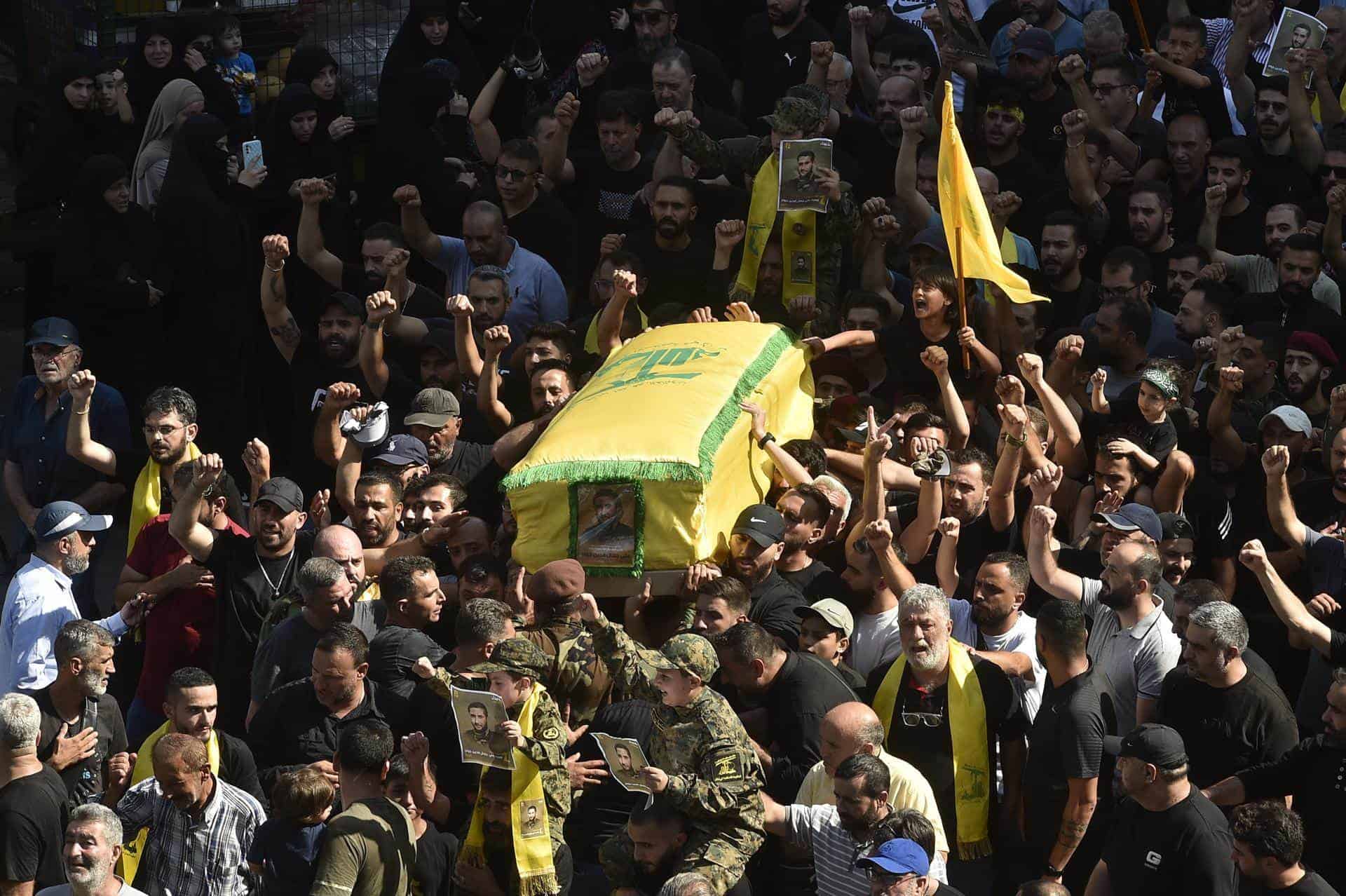
Amal Saad, a Lebanese analyst at Cardiff University in Wales, believes that Hezbollah continues to calibrate its response to avoid a total wara spirit that he already showed after Israel killed its military chief, Fuad Shukr, last July in Beirut.
In that sense, Saad believes that Hezbollah will carry out “a controlled escalation” below the threshold of open war, “although qualitatively different.”
In any case, the Shiite movement will be inflamed by the memory of the war of 2006 and the impression that he knew how to fight meritoriously against the Israeli army.
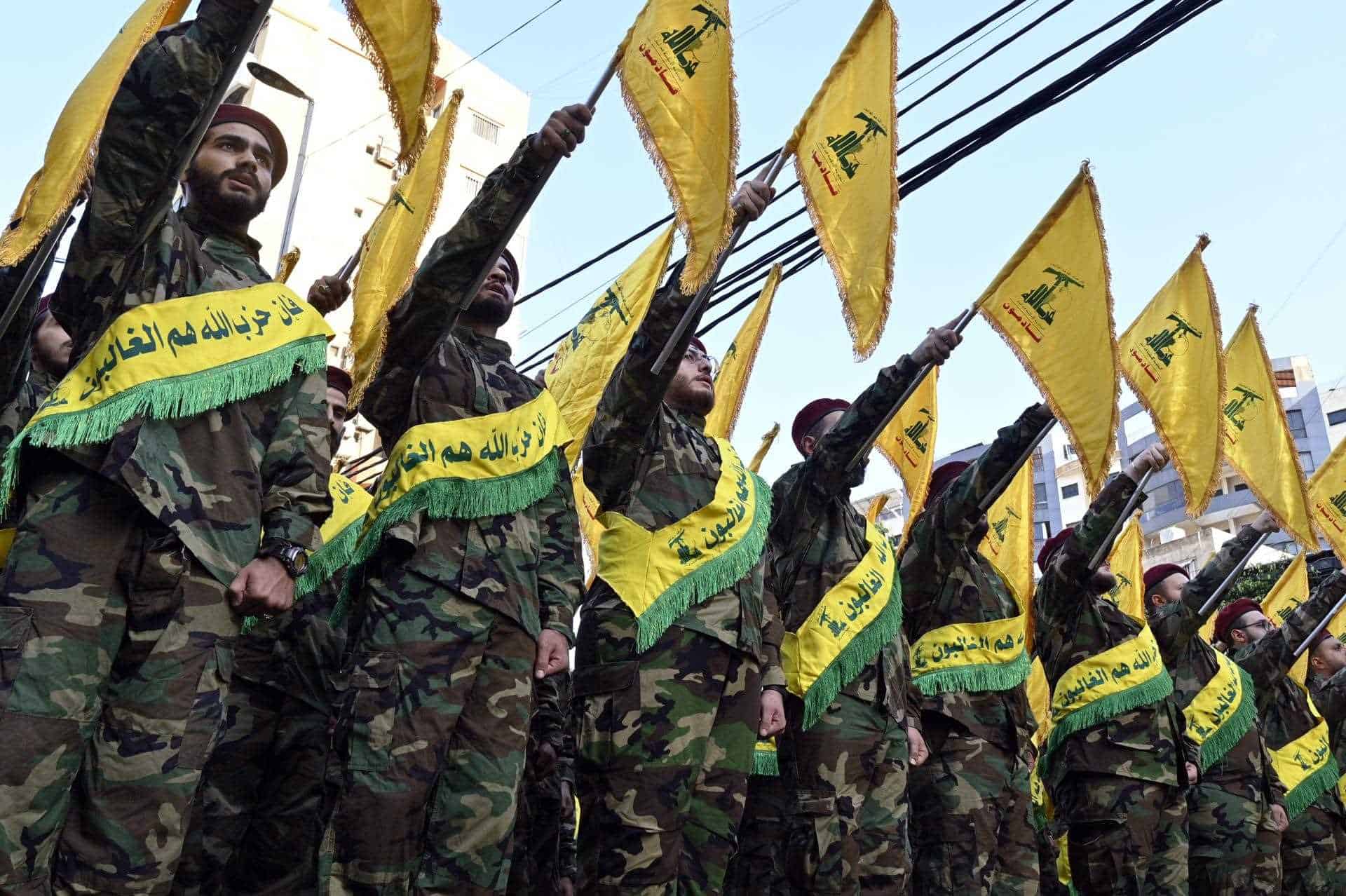
“They are extremely capable, and I would say more effective than the Israelis when it comes to waging war on the ground,” says Amal Saad. “We have seen that historically, and especially in 2006“.
The leader of HezbollahHassan Nasrallah, said last week that in the event of an Israeli ground operation his fighters are capable of confronting enemy soldiers on the ground and firing rockets at the same time at northern Israel.

